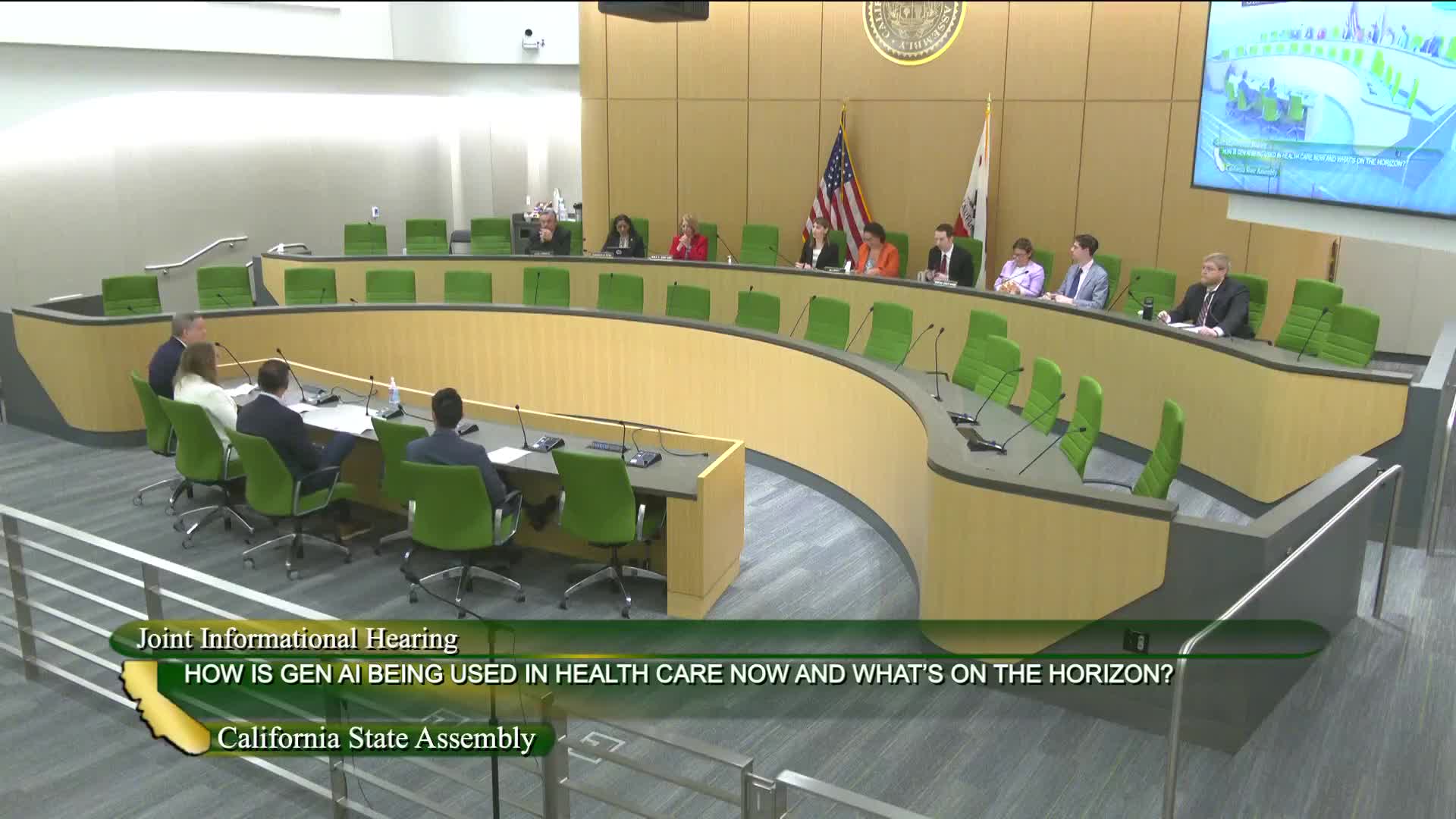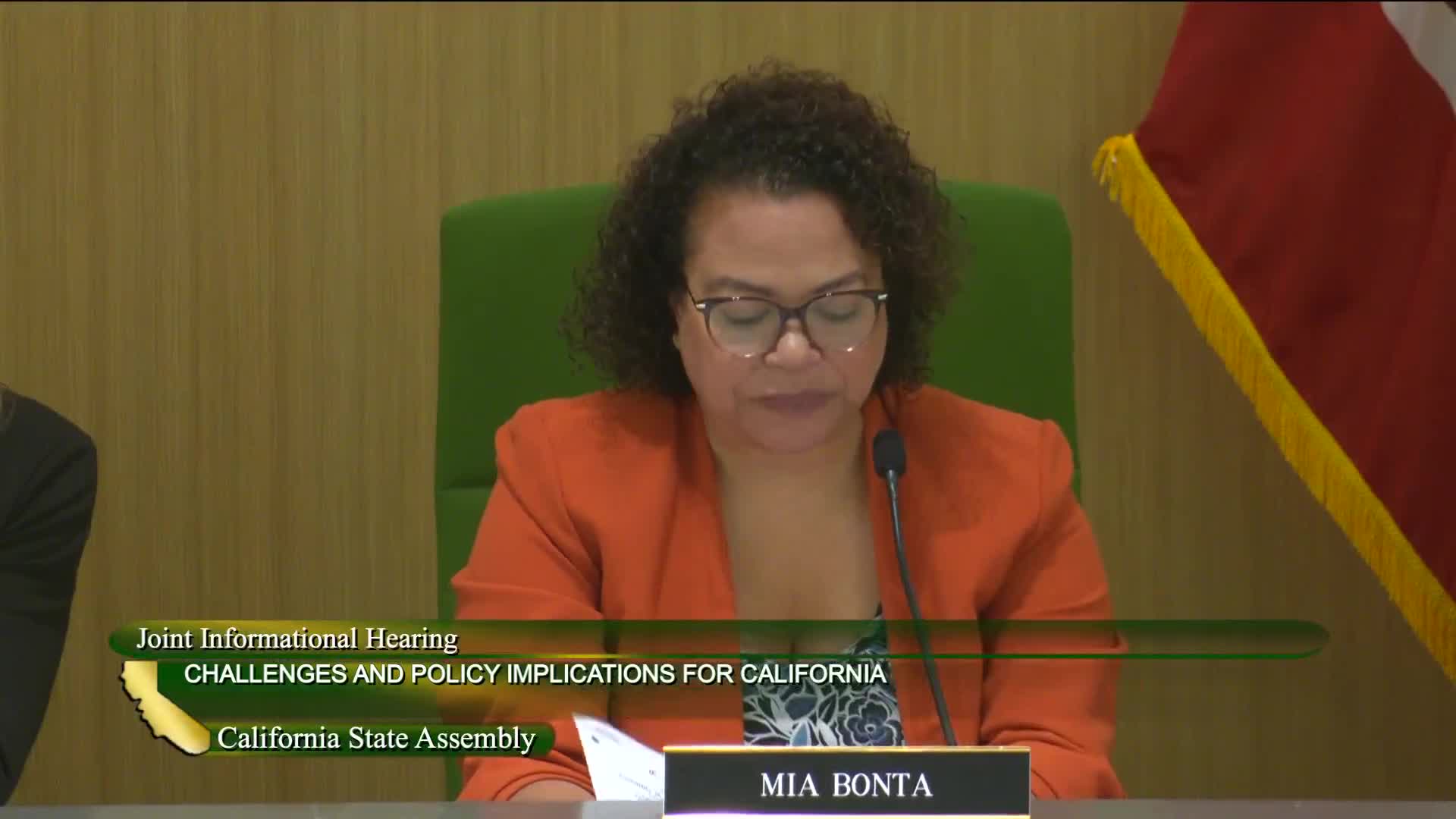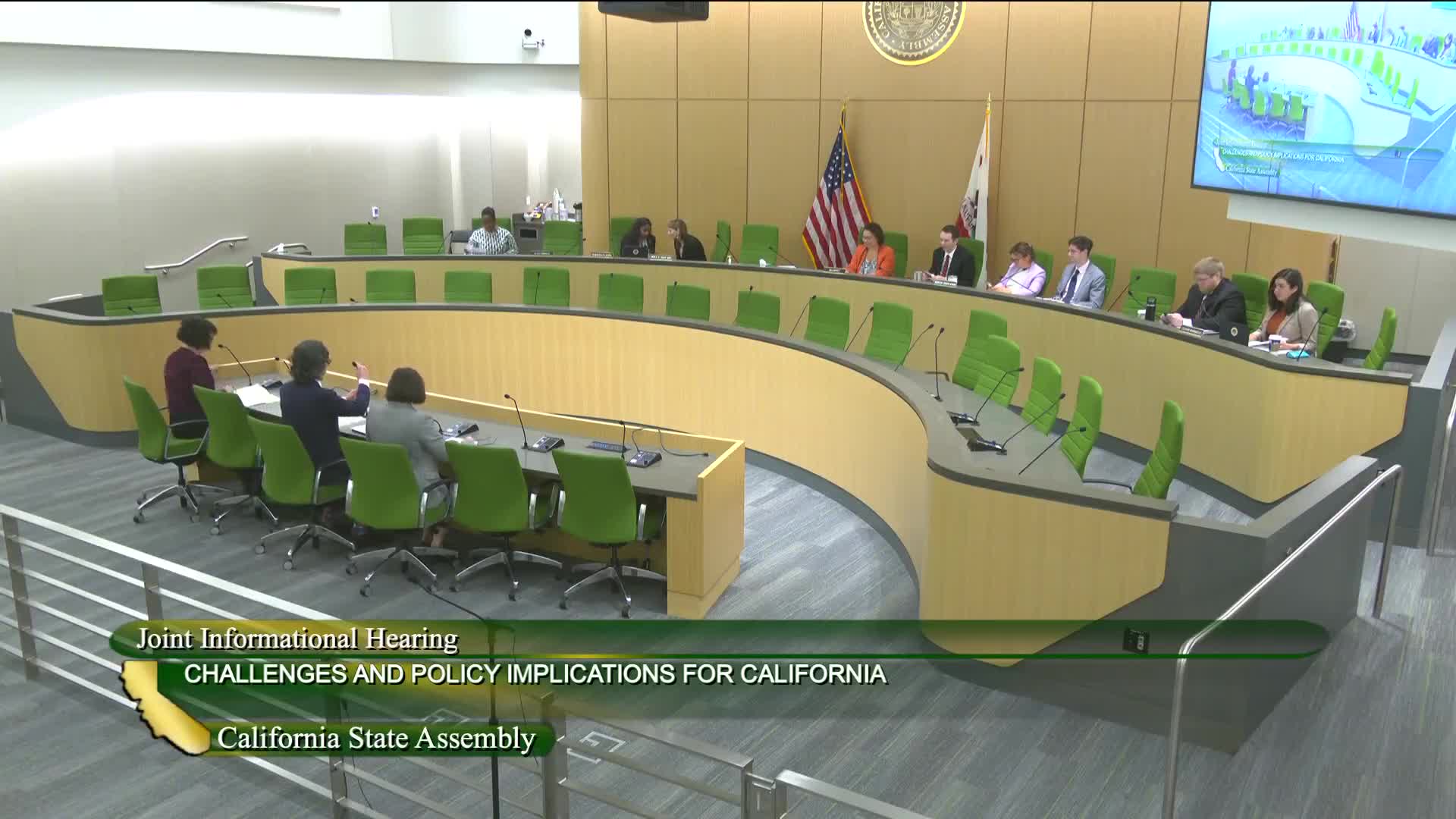Article not found
This article is no longer available. But don't worry—we've gathered other articles that discuss the same topic.

Hospitals and vendors point to early efficiency and outcome gains from AI pilots—clinical caution remains

Researchers, ethicists and unions urge state governance, monitoring and clearer liability for health‑care AI

Safety-net providers and researchers warn AI could deepen disparities without data, funding and governance

